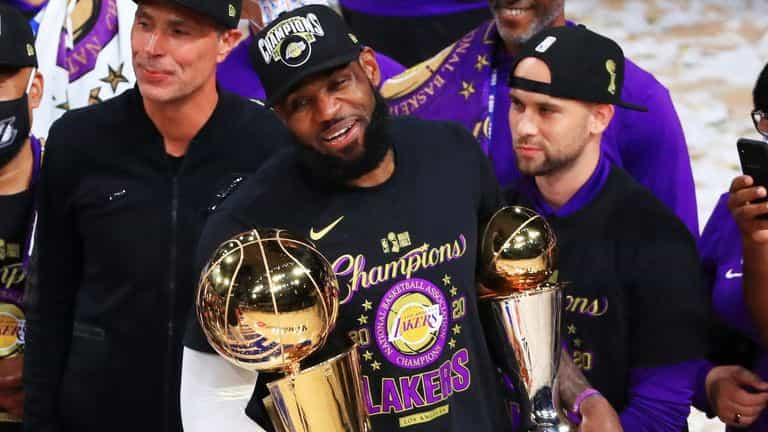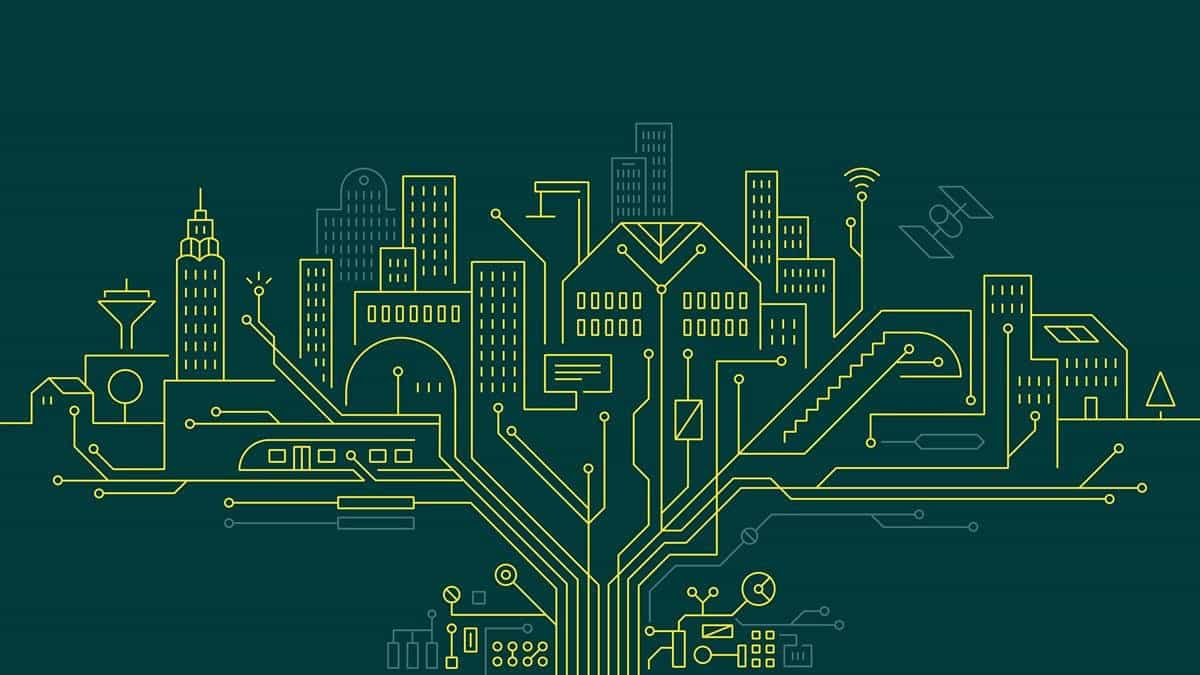Regardless of the league, becoming MVP is an award that just about every athlete strives after. An MVP receives the accolade as ‘most valuable’ for an impactful, or key, performance during a certain portion of a year or season; often voted upon by fans, peers, special panels, or experts.

MVPs are often individuals that have exponentially rising stock and often make themselves painfully irreplaceable within a broader team.
In a business environment, your organization also has MVPs.
Look to your left, and now your right, and maybe even in the mirror. MVP often has a connotation of singularity in athletics, but anyone that works in the context of a business team, or function, would likely agree that high performing teams are anything but singular. As the saying goes, “There is no ‘I’ in team”. For this reason, it’s important to recognize that no one becomes the MVP without being surrounded by other MVPs.
You can likely spot the MVPs in your procurement organization. These are the people that are helping your team to buy smarter, and more sustainably.
Procurement is going through a paradigm shift; previously seen as a sole driver of cost reduction and savings, procurement is now being recognized more and more as a top-line value driver. As the stock of procurement continues to rise within the broader value chain, so does the importance of your procurement team’s MVPs.
Seek them out, if they haven’t already emerged to the top because these stakeholders will continue to be vital to your procurement team’s success.
A few role players we believe deserve some extra attention
Transformation or Program Manager (Digitalization & Change)
Procurement is undergoing a digital transformation.
There are no ifs, and, or buts about the subject matter; change is occurring within the procurement function. Just like any change, it is best led by a central function & team that steers the change based upon a core organizational need, within the framework of a change management process.

What often has been called steering committees, or special project teams, have now transitioned into innovation hubs and transformation teams as the importance and efficiency of change management have become increasingly important to best-in-class procurement teams.
A perfect example of an organization that has successfully implemented these kinds of team members as a central function in the procurement organization is British Telecom, when they started their Digital Procurement Garage back in October 2019. This program aims to “enhance, digitise, and optimise” ways of working within BT Procurement, and “help sourcing teams become more agile and customer-focused” (telcotitans.com 2020).
Transformation & program managers are master coordinators between top management, line managers, and project managers. They’re jugglers of expectations, aligners of needs, and often rather well-rounded in their categorical competency. Being able to balance strategic thinking, project planning, and being able to dig into operational work aren’t the most common combination of traits there is; so make sure to show your transformation & program managers some love as they are certainly an MVP in your procurement team.
Supplier Quality Manager (SQM)
Quality & Sustainability of a product/service is more important now than ever before.
Customers & consumers are of a more informed breed, as we live in an exponentially interconnected world where (information) word travels fast. Brand & shareholder value, today, is directly linked to the operations of a global supply chain, and its many tiers of suppliers.
74% percent of Procurement Leaders responded in Level Researchers 2020 Procurement Insight Report that supplier data, quality, and risk are of moderate to high priority during 2021 (Level Researcher 2020).
This majority reflects the importance of Supplier Quality Managers being recognized as a key role player.
As we’ve seen in a post COVID19 world, disruptions to business operations and continuity can greatly impact a business’s bottom line. Having talented SQMs can mitigate business continuity risks & ensure process excellence in supply chain operations. SQMs are the MVPs for mitigating supplier risks by governing supplier compliance, improving buyer-supplier relationships, conducting due diligence/audits, and enhancing overall supplier performance.
Need we say more?
Read an in-depth post on this topic in Supplier Quality Management: Drive Value by Safeguarding Value
Risk & Governance Manager
If procurement & sourcing want to make a real impact within CSR, ESG & Sustainable Development initiatives then it all starts with your team’s risk & governance management.
Responsible sourcing initiatives are central to driving supply chain impact at scale.
For a lot of organizations (especially within FMCGs, Textile, and Food & Beverages) compliance with international standards for environmental and social within their broader supply chain is no longer just a part of a ‘green image’, but rather a core value & purpose; building profitable businesses with people & planet in mind.
Though it may not seem like the sexiest of titles, risk & governance managers are the champions of organizational integrity, the mighty balancers of stakeholder interests, and promoters of ethical & corporate behavior.
Learn more about Risk Management in our post 30+ Ways to Conquer Supplier Risk & Performance Management
Chief Procurement Officer (CPO)
Leadership is always important, but increasingly important in times of crisis & uncertainty. In 2021, procurement organizations will require inspirational, innovative, and pragmatic leaders to ensure procurement excellence.

If procurement wants to take a seat at the table, and be seen in the broader value chain as a value driver, rather than a cost saver, then it’s the Chief Procurement Officer that will need to take their place within the C-Suite, solidify and communicate the importance of the Procurement function.
Make sure to check this article out on The Rise of Procurement Excellence
Sourcing Analyst / Procurement Analyst
As the importance of digital procurement solutions continues to increase, so will the need for talented procurement professionals to navigate these solutions, analyze data & feedback useful insights to category managers.

In many organizations, sourcing analysts are a support function to category managers or strategic purchasers. However, data-driven buying insights are becoming a ‘need to have’ in order to best manage spend, create competitive purchasing advantages, and best manage suppliers (risk, governance, quality, performance).
Category managers will soon — if they don’t already — mirror the same analytical skillsets of sourcing analysts. Matched with a deep category understanding, and a knack for supplier relationship management & negotiation, Category Managers likely deserve a spot amongst Procurement’s Most Valuable Players as well!
"There is no I in TEAM"
Locate, lift & cherish the MVPs of your procurement team.
‘There is no I in team’, and every procurement organization, much like the global supply chains they aim to manage, is an intricate network of role players working in harmony to bring better products & services to customers & consumers.
As the role of procurement continues to evolve so will the importance of roles & responsibilities in the broader organization. Procurement is more well-positioned than ever before to take a prominent role in the broader value chain, but this will require individuals that will lead with a fire in their stomach.
So… who are your MVPs?





